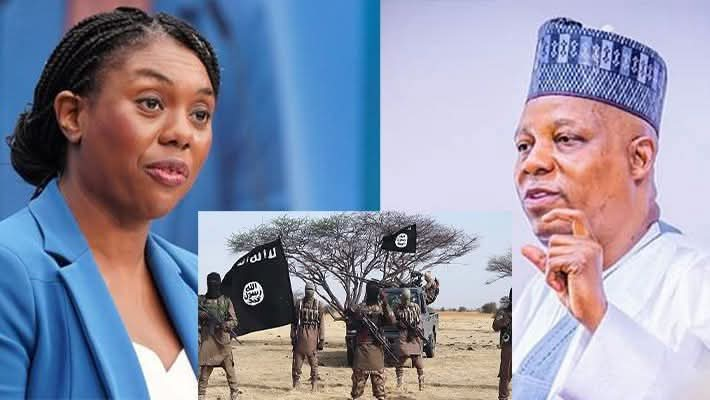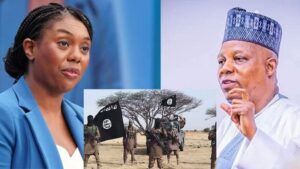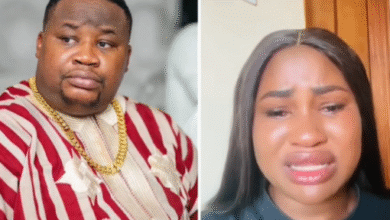Kemi Badenoch: “I Am Yoruba, Not Nigerian – I Have Nothing in Common with Boko Haram’s Northern Haven”


Kemi Badenoch: “I Am Yoruba, Not Nigerian – I Have Nothing in Common with Boko Haram’s Northern Haven”
The leader of the UK Conservative Party, Kemi Badenoch, has clarified her identity, stating that she identifies more as Yoruba than Nigerian, as she has no connection with northern Nigeria, which she described as a haven for Boko Haram and Islamism.
In an interview with The Spectator, Badenoch remarked, “I find it interesting that everyone defines me as Nigerian. I identify less with the country and more with my Yoruba ethnicity.” She continued, “I have nothing in common with the people from the north of the country, where Boko Haram and Islamism thrive.”
This statement comes amidst ongoing criticism of Badenoch by Nigerians, including prominent figures, who accuse her of portraying the country in a negative light during her interviews with British media. Her comments often highlight issues like corruption and security challenges in Nigeria, which many find unflattering.
Vice President Kashim Shettima, a native of Borno State, regarded as Boko Haram’s heartland, recently criticized Badenoch’s stance. He advised her to change her name if she no longer wishes to be associated with what he called “the greatest black nation on earth.”
Doubling down on her views, Badenoch reiterated her Yoruba identity, saying, “Being Yoruba is my true identity. I refuse to be grouped with northern Nigerians, who were our historical ethnic adversaries, all for the sake of being called ‘Nigerian.’”
The British politician also reflected on her heritage, stating, “Someone once told me as a child that my surname belonged to warriors who protected the crown. That is how I see myself—protecting and standing for what I believe in.” She added, “I am here to protect this country, and I would die doing so because I know what’s out there.”
Badenoch’s remarks continue to spark debate over issues of ethnic identity, national unity, and how Nigerian figures in the diaspora perceive their homeland.





